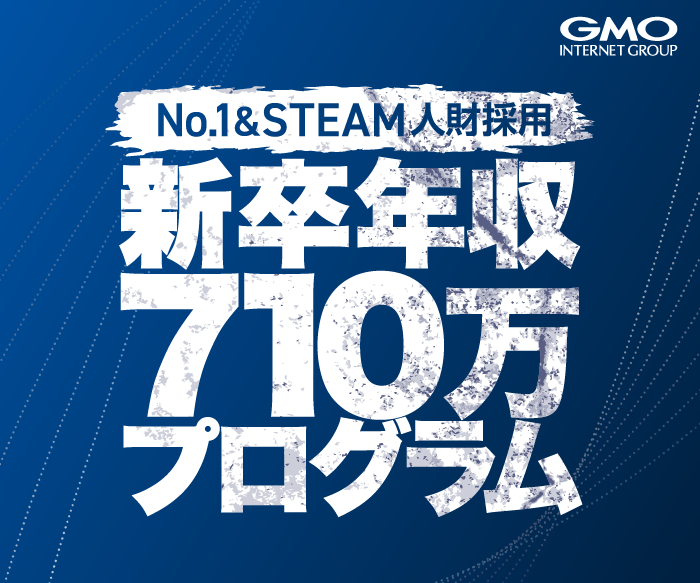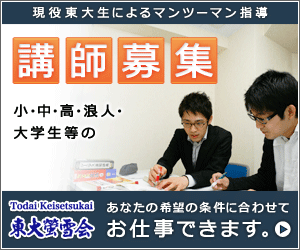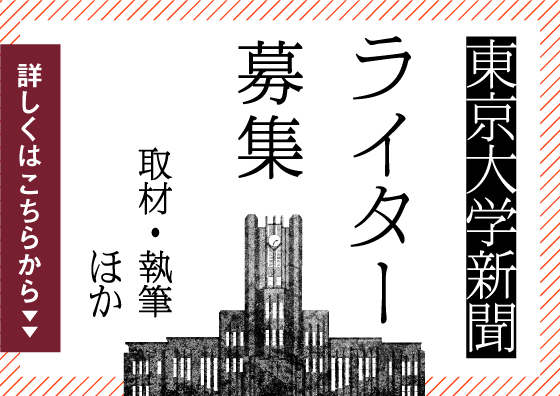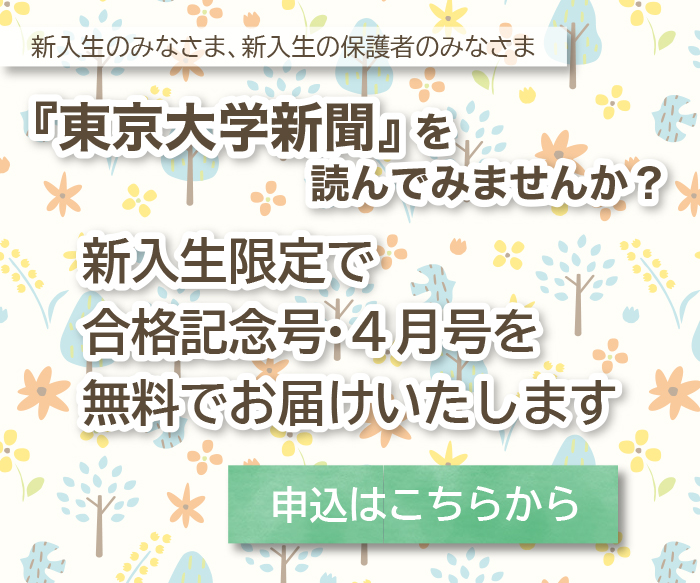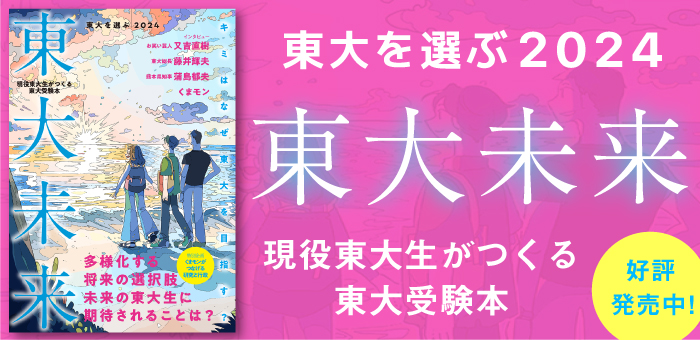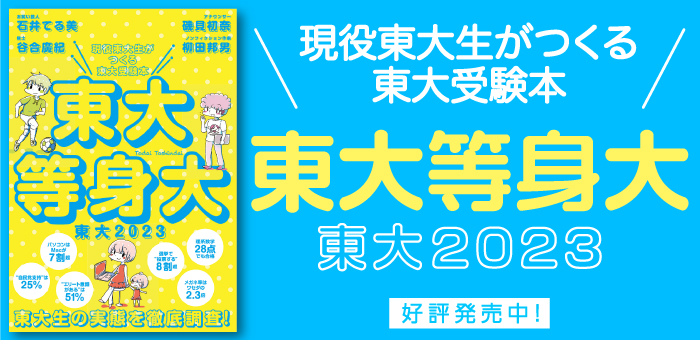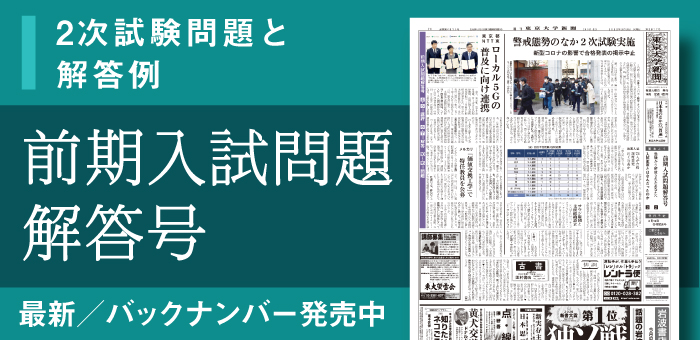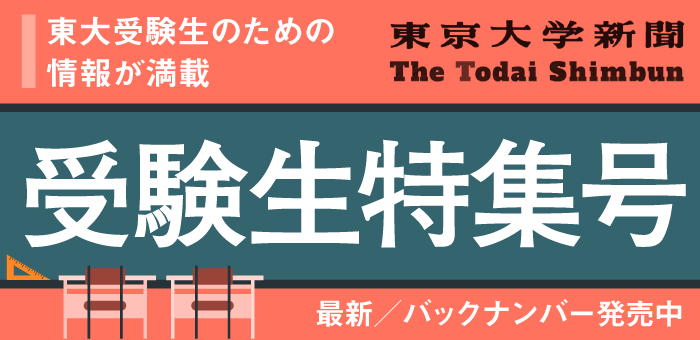Comparison of two things would be one of the good ways to understand something in greater detail. As a new year`s content to read for university students in Japan, I would like to give you an article on an educator who has experienced teaching in both Bangladesh and Japan, and in which I asked him the value of education.
日本語版→ バングラデシュと日本 両国で教えて分かった、教育の普遍的価値

Mark Flanigan is an educator who is currently serving as a WorldTeach Bangladesh Volunteer and now a faculty advisor to the Japanese Circle Club at the Asian University for Women (AUW) in Bangladesh. He previously served as Program Director with the Japan ICU Foundation (日本国際基督教大学財団), and as Chair of the Programs & Resident Life Committee, Residents’ Council, at International House in New York City.
In the following interview, I ask Mr. Flanigan about the reason he moved to Bangladesh from his home country and the experience and harvest he got there.
《Questions and answers》
Interviewer: First of all, you already had a good job in New York City before you moved to Bangladesh and there was a terrorist attack just before you moved there in July of 2016.
Why did you decide to teach at the Asian University for Women in Bangladesh?
Mr. Flanigan:
Thank you for granting me this interview! Yes, you are right that I was living and working in New York City. After graduating from International Christian University (ICU) in 2012 with a Master’s degree in Peace Studies, I started working for the Japan ICU Foundation in Manhattan. It was a great experience for me, and I really appreciated such a wonderful opportunity. After four years there, I was interested in trying something a bit new and different. I learned about the WorldTeach volunteer position at the Asian University for Women (AUW), so I applied and was happily accepted! I figured it would be a good chance to help underprivileged students and get more direct experience with international education, gender, and development issues in South Asia.
However, less than a month before we were due to depart for Bangladesh, the brutal terrorist attack was launched in Dhaka, the capitol city. At first, we weren’t sure what would happen, or if we would even be able to volunteer at all, due to safety concerns. In the end, we were satisfied with the security level at AUW and three of us (out of six) new volunteers decided to come and start our year of service. This was not an easy decision, and my family and friends were certainly concerned for me. However, I am happy to say in the six months I have been living and teaching here I have never experienced any negative attitudes. If anything, people have been extremely warm and welcoming to me and the other visiting teachers and staff.
Interviewer: Then what are you doing as an educator and how is your life there?
Mr. Flanigan:
I just taught my first official term of classes (Autumn 2016) here at AUW in Bangladesh. It’s really rewarding to be working with such dedicated young women! My class was part of the Pathways for Promise Program at AUW, which is the entry point for women who have not had as much preparation to succeed in higher education. Many of them have come from the garment factories of Bangladesh, and this is their big chance to earn their college degree. Others are members of the persecuted Rohingya minority group, as well as daughters of Grameen Bank microcredit loan recipients. They will take classes for approximately one year in Reading and Writing as well as Listening and Speaking. If they complete the Pathways Program and meet all the exam requirements, they will advance to the one-year Access Academy and then an additional three years of undergraduate study. In all, the successful ones will graduate in five years with their bachelor’s degree in hand. It will not be easy for them. Many are far away from home and spend almost all of their time on campus. They live in dormitories, eat in the dining hall, and take classes together, so there is very little time for privacy or quiet reflection. Nonetheless, they are very eager to learn and make the most of this unique opportunity they have been granted. My own class was Reading and Writing, with 17 really enthusiastic and hard-working students. They did their very best, and are quite funny as well as being very highly-motivated. It’s really my pleasure to be volunteering here this year and having the chance to meet and teach such bright and determined young minds!

Interviewer: Thank you for sharing your experience. I have heard that you have also have experience teaching as a Japan Exchange and Teaching (JET) Program participant in Nagasaki and learning as a graduate student at a Japanese University (International Christian University in Tokyo). How do you feel the difference of the students in Bangladesh and Japan and the value of education for them?
Mr. Flanigan:
Yes, I am very happy and thankful to have had the chance to be so directly involved in the education sectors in both Japan and Bangladesh. While there are certain differences in culture and in the style of education in each country, I feel that people basically learn the same way the world over. Parents want their children to do well and be successful in life, so they hope to give them the very best educational opportunities that they can. While Bangladesh is still working on building up its infrastructure, the personal desire to succeed is still very much there. I have found students in Japan and Bangladesh alike to be very highly motivated, and they study quite hard in order to keep making steady progress toward their future careers.
Interestingly, one parallel I have found here in my experiences is between AUW and ICU. Both are relatively small, liberal arts-focused private universities in Asia. Both of them prize critical thinking skills, and encourage students to explore different ideas, beliefs, thinkers, and world views. While AUW is a much newer university, both of them are built on the idea of being regional hubs for progressive higher education. Where they differ is AUW’s specific focus on developing young women (although ICU is also a place that values gender, education, and development). Also, AUW students tend to come from more modest financial backgrounds than ICU students. Lastly, AUW, while smaller, is more diverse, with a larger percentage overall of international students. In both cases, though, these universities are training young people to go out and make positive contributions in their communities as well as in the world.
In any case, it is a real honor for me to be serving in this capacity as a WorldTeach volunteer at AUW. I hope that more people learn about and consider supporting AUW students, especially those in the Pathways for Promise program, financially. They can do this through individual donations, or even through larger corporate support. No matter the amount, any contribution will make a definite impact on the ability of these young women to realize their dreams for higher education and a brighter future.

